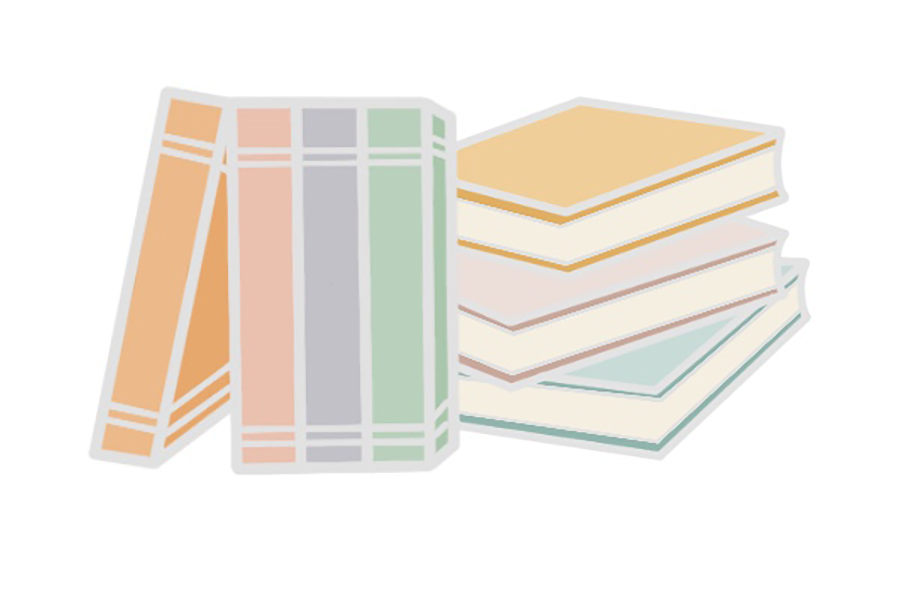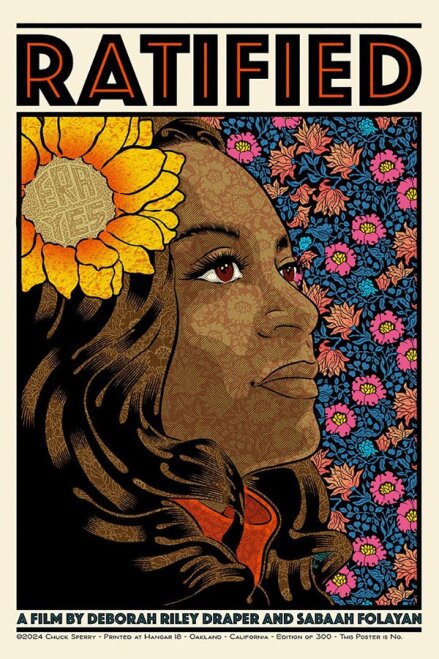Gaiman’s latest novel explores what it means to grow up
August 26, 2013
It’s been more than 10 years since Neil Gaiman first published “American Gods,” his first novel geared specifically to adults, and in that time he has dabbled in many other pursuits. He’s written a couple of “Doctor Who” episodes, created more comics, worked on a few screenplays and wrote various other short stories and children’s stories.
One of the most important things that happened to Gaiman in the last 10 years, however, was that he married longtime girlfriend, Amanda Palmer.
On Gaiman’s blog he cites Palmer as his inspiration for writing his newest novel. Palmer is a singer/songwriter known for baring her soul through her emotional lyrics, and Gaiman wanted to tell her a very personal story in that same vein, but with his own whimsical style of storytelling. The result was “The Ocean at the End of the Lane.”
The story, on the surface, is about a middle-aged man who goes back to his hometown searching for validation that his life has amounted to something. Most of the story is told in a flashback sequence where he revisits a tragic moment in his childhood and the magical and mysterious things that followed that event. But it goes so much deeper than that.
It took me a long time to figure out what this novel was about. Admittedly I had read Palmer’s own blog entry about the novel’s conception so I had an inkling of an idea, but it really hit me about halfway through. I will pull a quote from that page to help me explain.
The protagonist, who is being bullied by his new babysitter, asks his young, peculiar neighbor, who he suspects may be more than she appears, how it’s possible for the babysitter to be afraid since she is a grown-up, to which she replies:
“‘Grown-ups don’t look like grown-ups on the inside either. Outside, they’re big and thoughtless and they always know what they’re doing. Inside, they look just like they always have. Like they did when they were your age. The truth is, there aren’t any grown-ups. Not one, in the whole wide world.’”
So there it is. It’s a story about what it means to be an adult. Sort of. It’s also partially about how precious childhood is, and how we take it for granted.
Having turned 30 this year, and looking back on my own childhood disillusions and how they equate to my adult life, I took this novel a lot more to heart than someone in their late teens or early 20’s might have. I’d read somewhere that this was a kid’s book disguised as a grown-up book, and I would argue the opposite. It’s a grown-up book disguised as a fairytale. Sure the majority of the story is told from the perspective of a seven-year-old boy, but the theme is much more mature than that.
At the heart of it, The Ocean at the End of the Lane is a tale about how there is no perfect grown-up. There is no magical point at which we grow up and then become the model of what an adult should be. We think of it as this goal we are trying to reach when we are young, and then we get there and it’s more of the same frightening stuff as when we were kids, but in a different capacity. Worst of all, you don’t have someone there to reassure you that you are doing the right thing, or scold you when you’ve done wrong. Essentially we’re all thrown out into the endless ocean to sink or swim.






























